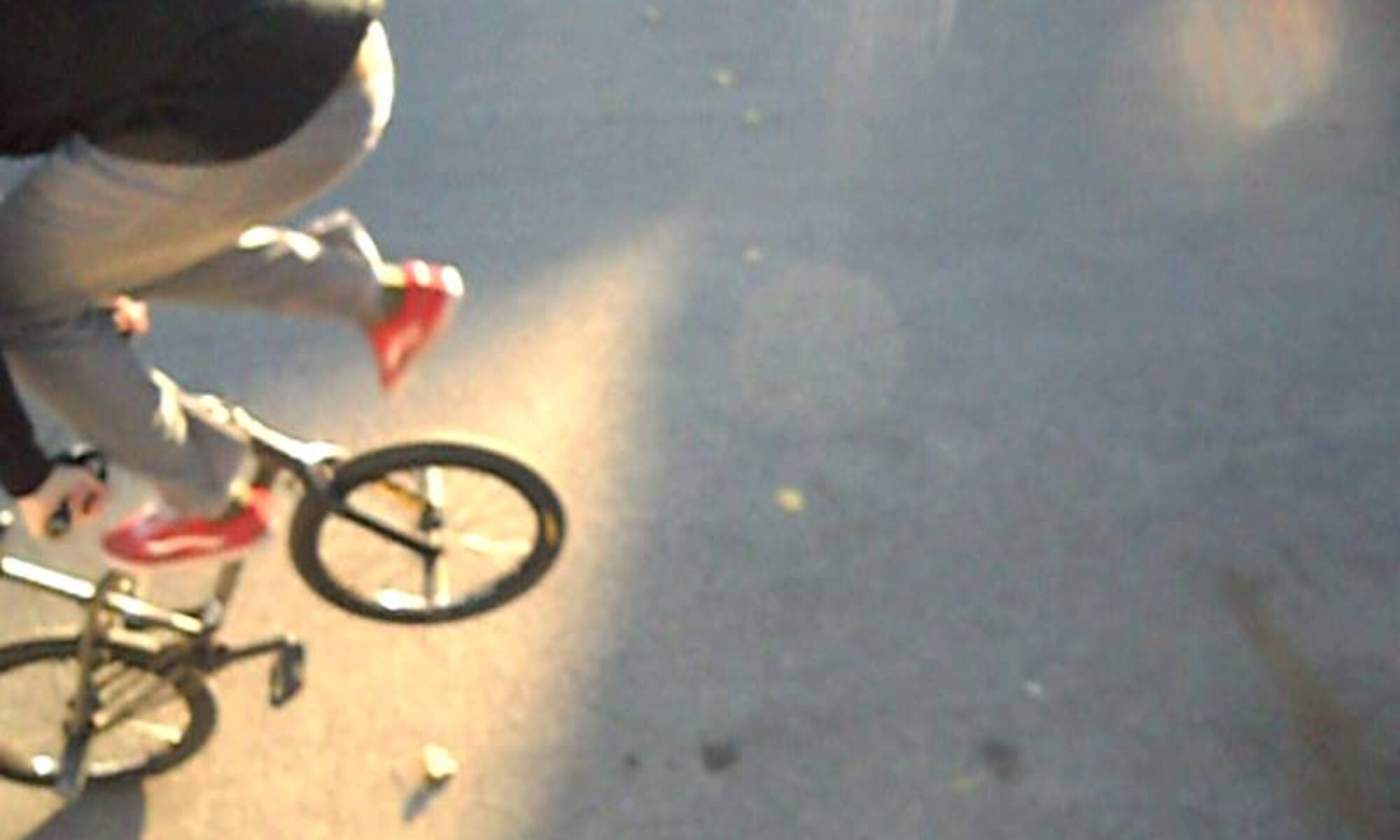 Music transcends all boundaries. And where music fans are generally open for anything engaging, the music industry is constantly segregated by its own marketing terms. They draw lines, set up demographics, and distinguish target markets.
Music transcends all boundaries. And where music fans are generally open for anything engaging, the music industry is constantly segregated by its own marketing terms. They draw lines, set up demographics, and distinguish target markets.
Caught somewhere in between these lines, dälek have been victims of this segregation since their inception. Their first record Negro, Necro, Nekros (1998) was on independent rock label Gern Blandsten Records (the folks who brought you the brilliant, indie avant-garde act Rye Coalition), but they do hip-hop. This put the record in a crack in the marketplace. There’s nothing normal about what dälek do but it’s hip-hop to the core. Frontman dälek’s gruff vocals grind against the gritty backdrop of scraping noise created by Oktopus and Still, the friction lending light to their dark imagery.
Lyrics spit to illuminate the spirit:
Strange intrinsic world got me lifted.
Skilled drunken mystic felt my earth shifted.
The most innovative people in independent music are among dälek’s friends, supporters, and collaborators. They’ve toured with Techno Animal (Justin Broadrick and Kevin Martin’s harsh hip-hop outfit), Tomahawk (one of Mike Patton‘s many projects, this time with guitarist Duane Denison), collaborated with the William Hooker Ensemble (the New York Jazz drummer and friends), have an upcoming tour with DJ Spooky, and Patton’s Ipecac label is putting out their next record From Filthy Tongue of Gods and Griots (2002). Through all of this, dälek just keep rubbing their sound against the shores of others, and prove once again that innovation happens not in the fields, but between them. Feel the friction.
Roy Christopher: Tell me about the new record for Ipecac Recordings.
dälek: The album is From Filthy Tongue of Gods and Griots and is due out August 6. This album represents about four years of our work. The actual songs have been finished for a while, but the mixing and mastering aspects were recently completed. Lyrically, I continued on a very personal level, though abstract. Again, I ask the listener to find their own meaning in my personal madness. Musically this album is very aggressive; we expand on what we started on Negro. Perhaps a bit more focused this time around, with more of our own defined sound.
RC: What did you guys try to do differently on this record as opposed to Negro, Necro, Nekros?
d: Negro, Necro, Nekros was recorded as kind of an experiment. We had no live experience; we had no idea what we were doing. There is something amazing about that innocence. However, looking back there is a lot about us that Negro failed to capture. Filthy Tongue better represents our live sound, and has an air of confidence which can only come from four years of hardcore touring.
RC: What’s your take on why the hip-hop world, once seemingly open to so many new forms and variations, now has such high barriers to entry for new and innovative sounds?
d: First off, what is passed off as hip-hop in the mainstream is a farce: that is pop music. It has its place but that’s a place that hasn’t been the breeding ground for acceptance of new forms and variations since perhaps the later Beatles stuff. The real problem lies in the underground, where there are really good groups. However, it seems the underground has just become an “on-deck circle” where the less-known musicians await their chance to fit molds of “real hip pop,” which are dictated by the corporate world. If your ultimate goal is to make money . . . cool, I guess. But what is lost is the essence of what made hip-hop the innovative force it was in the ’80s and early ’90s. Hip-hop was about taking all the sounds and ideas around you, and making them into your own. It was the angst-ridden voice of minority youth. Energy and angst wise, it was the equivalent of the punk movement. I think we can safely say that the commercial music world killed both hip-hop and punk. The formulaic remnants can’t afford to allow truly different music in because that would result in loss of sales.
RC: What is it that drives dälek?
d: I want to make music that moves me. There are sounds and words I need to get out, that I myself need to hear. We are musicians. Music is what drives us.
RC: Your work is obviously informed by the urban milieu, but there’s a lot of serious literature bubbling to the surface as well. Whom do you guys read and respect?
d: Everything from Kerouac and Burroughs to Pablo Neruda, Jose Saramago, Burgess, Donald Goines, Poe, and Langston Hughes to keep the list short. I am also a big fan of history text and biographies in general.
RC: Anything else you guys are working on that you would like to bring up here?
d: We are working on a split 12″ with Velma, a follow up to the Oddateee album, a split 12″ with Kid606, production work on the next Jett Brando album, recordings with Faust, and the Dev-ONE solo album.

